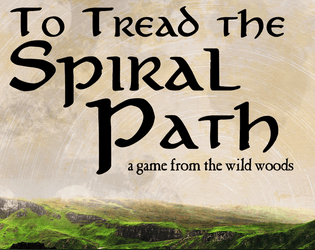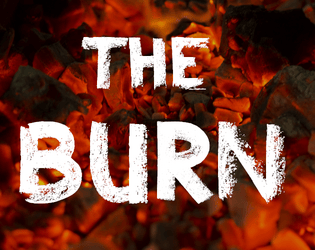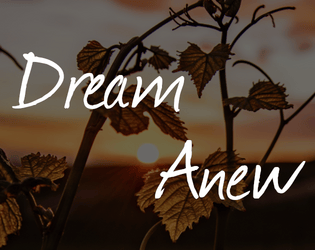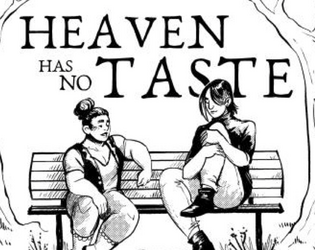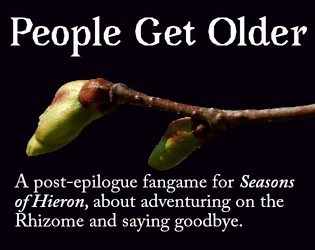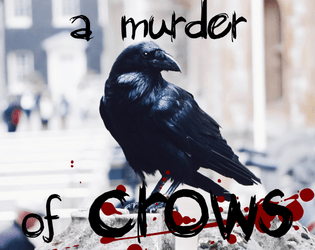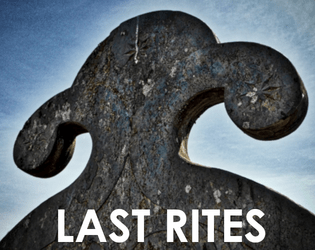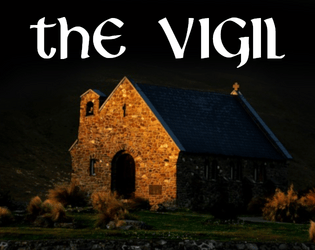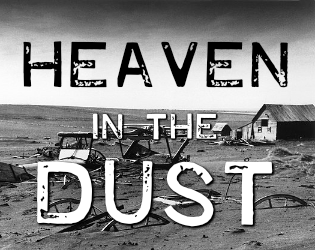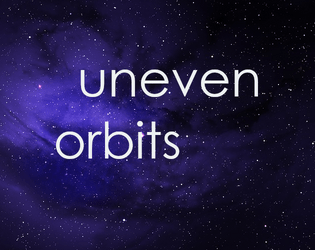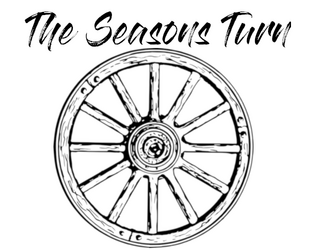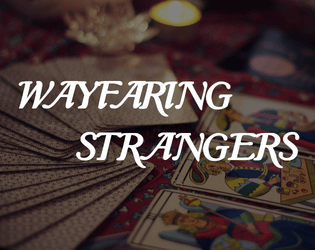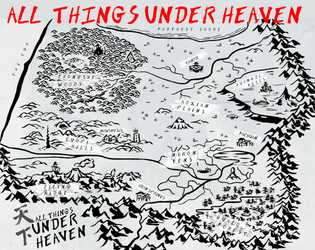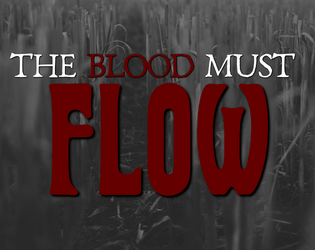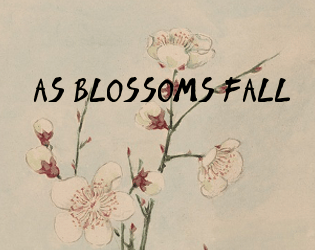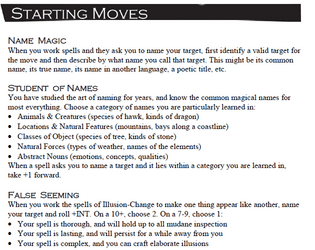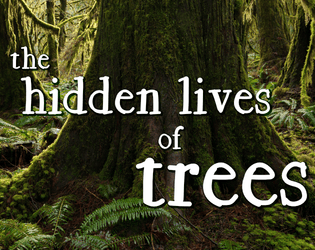Hullo! Thank you for your interest and your questions.
-
You’re definitely right - that should be three matches.
-
The intention is that your character will definitely stand watch as Burner for their night. For any nights left over, I think you could either choose amongst yourselves who does a second shift as Burner or kind of handwave past them and assume they went uneventfully.
-
You’ve got the right instinct, I think! The prompts are meant as seeds to build into something threatening, rather than all of them being inherently threatening. Mortals might hide sinister motives or beasts be more dangerous than they seem, and nature itself may be stirred to oppose the Burners. Sleep-deprived, dizzy from the smoke, and starring out into the dark, what they see can be deceptive in its form, an imagined vision to steal their focus, or threatening to their resolve, stability, or emotional state (I’m looking at the Ace of Hearts, as an example of that last). Remember that ultimately the visits are all driven by and expressive of the spirit of the wood itself, which is old, and wild, and hates fire (and thus the Burners) like winter hates the living.
I hope that helps!


